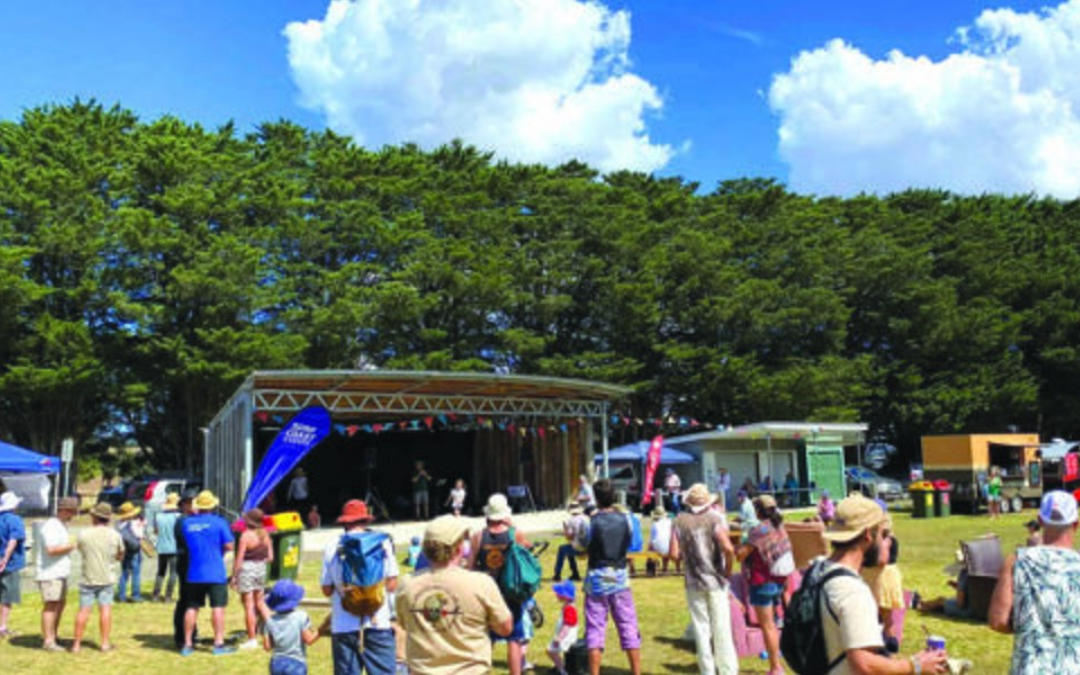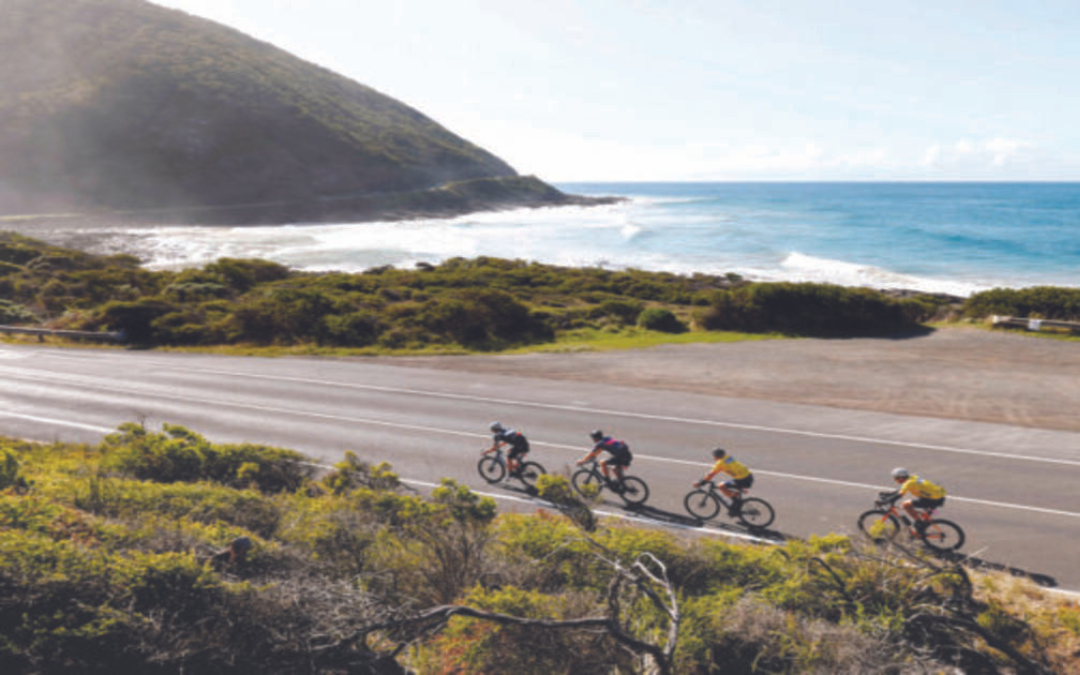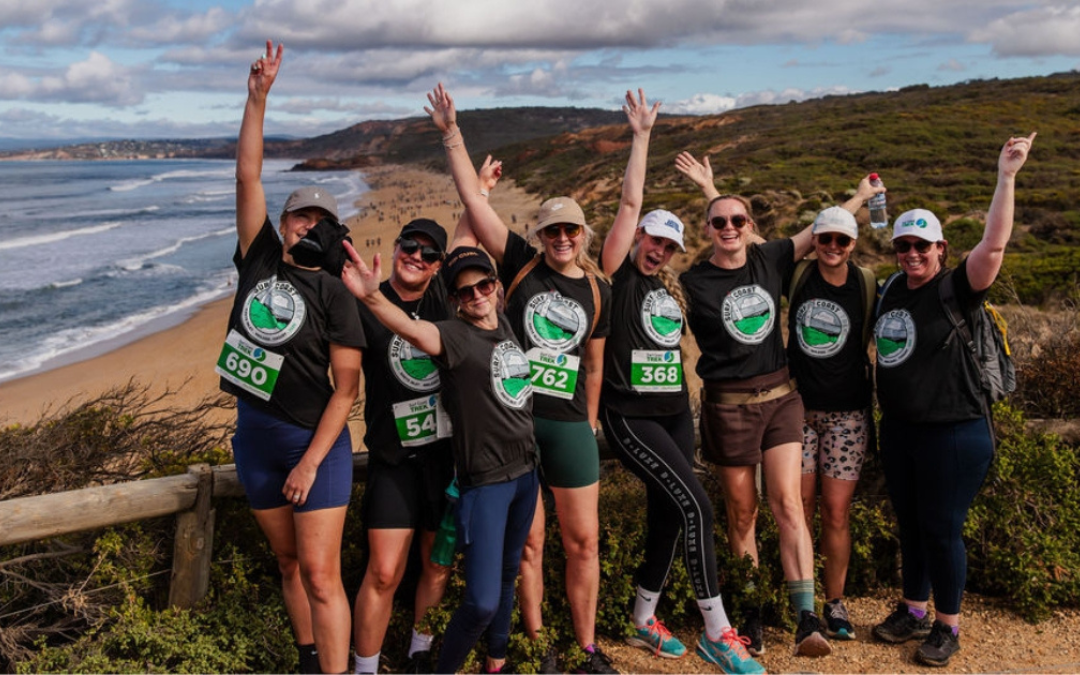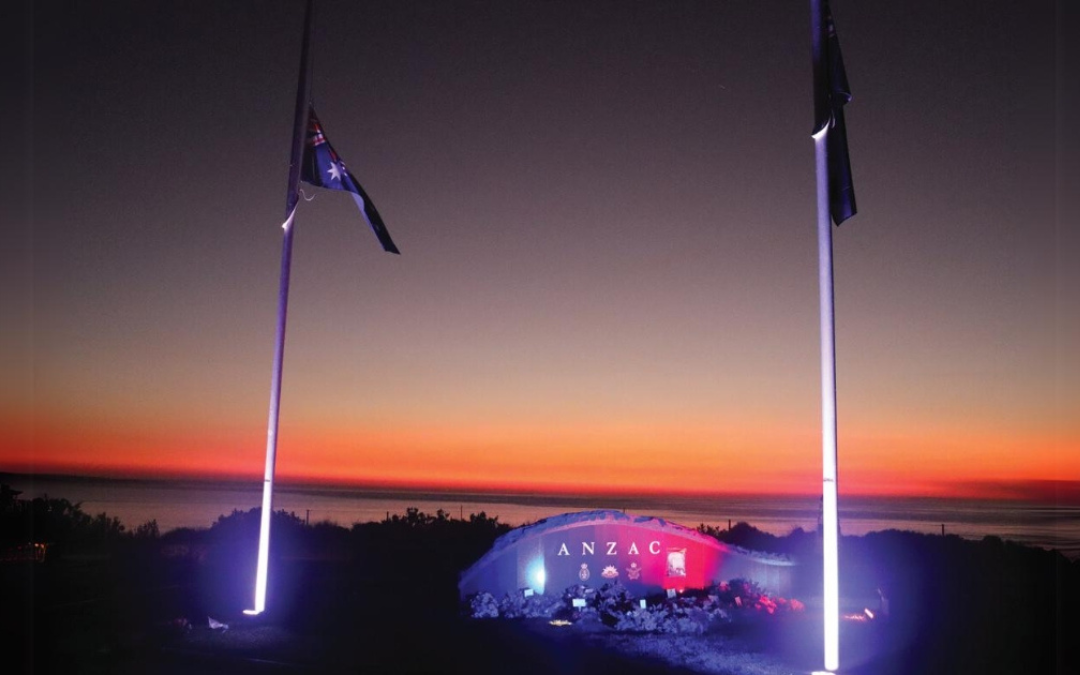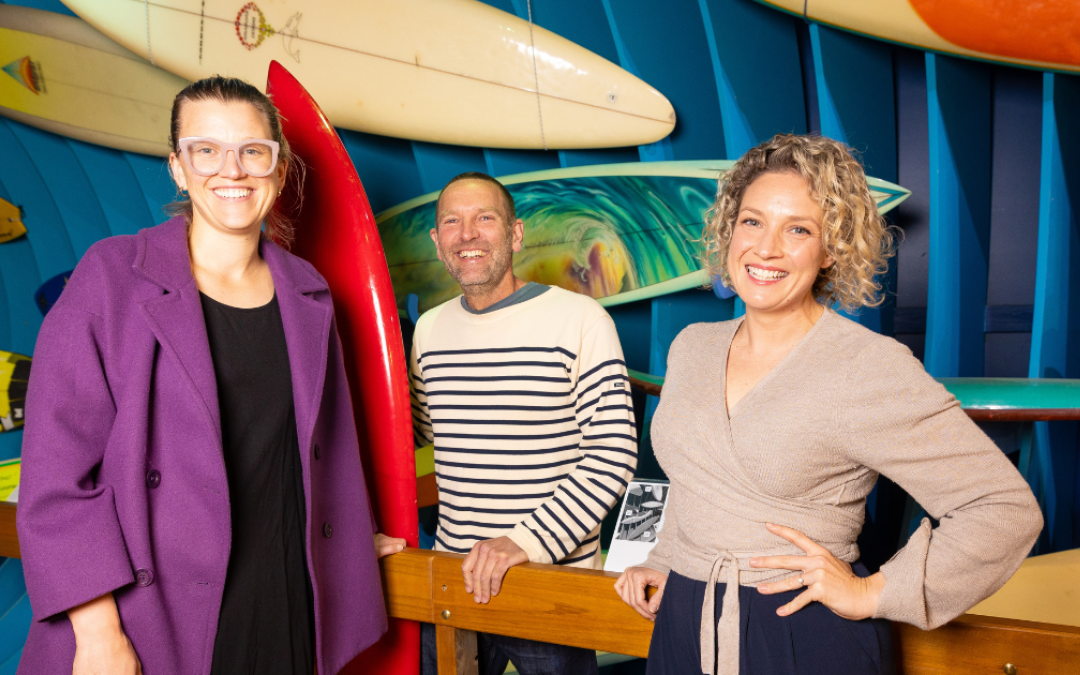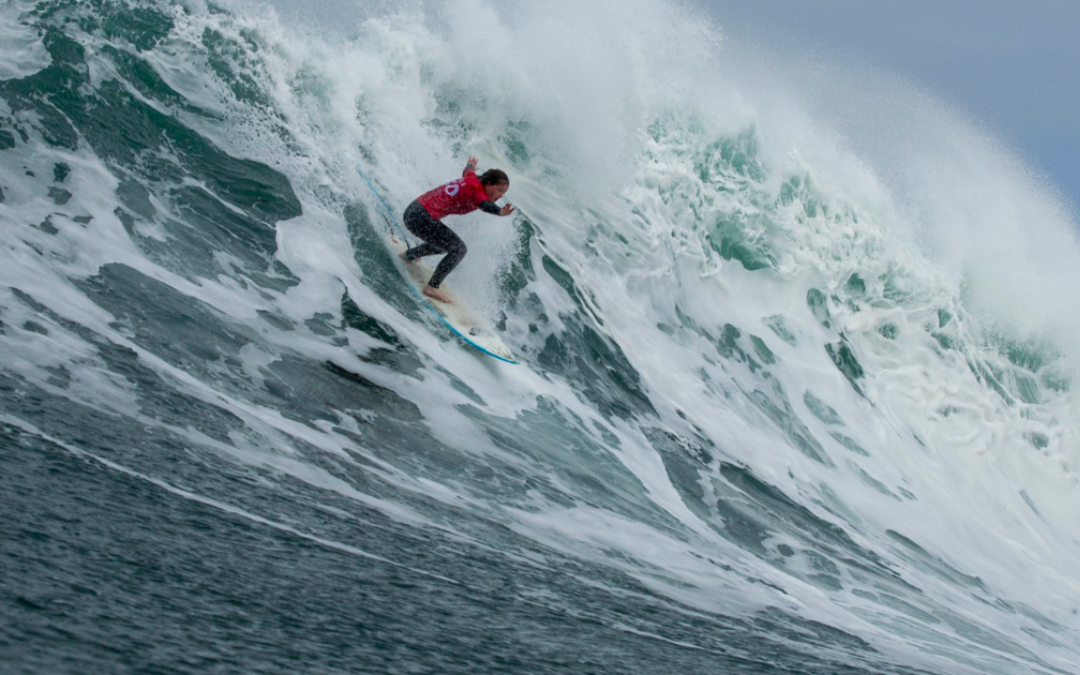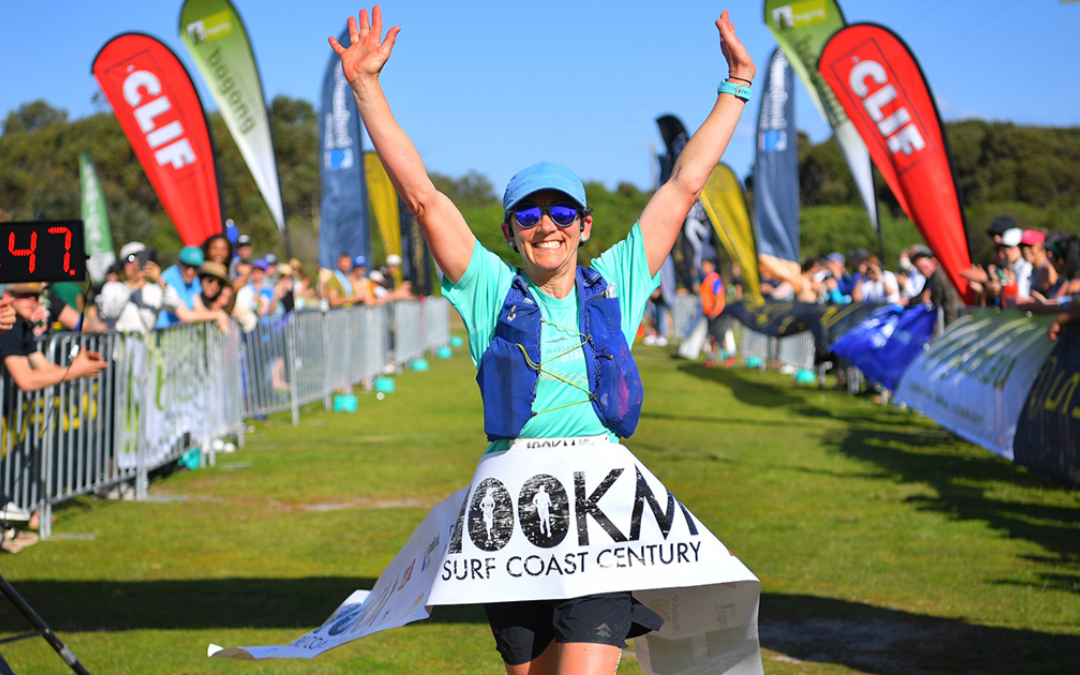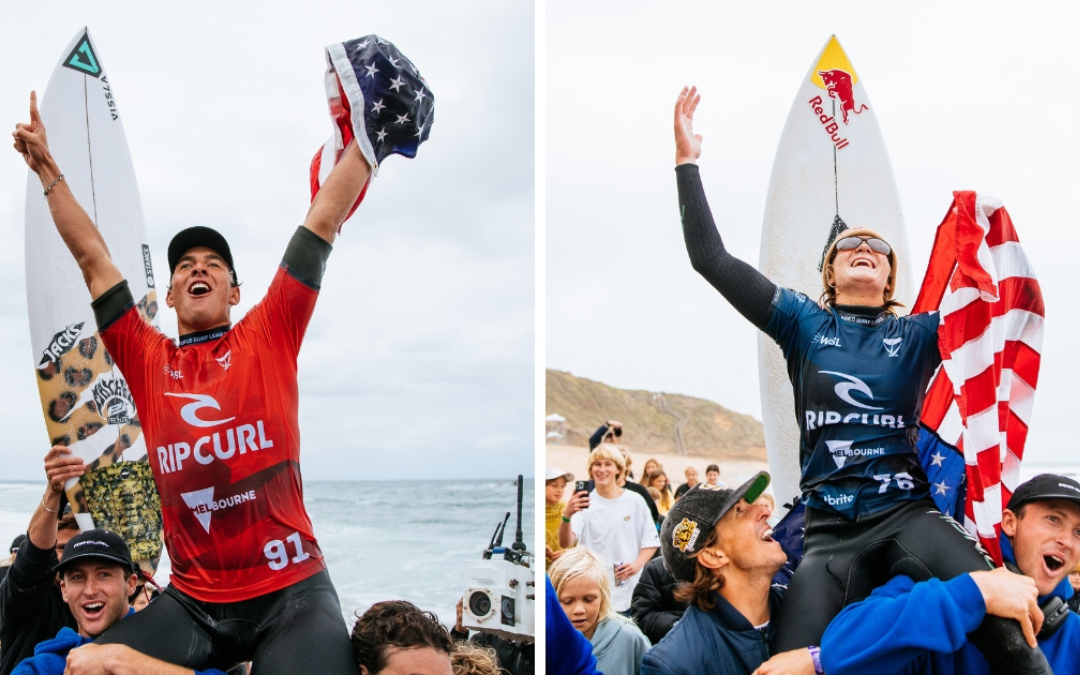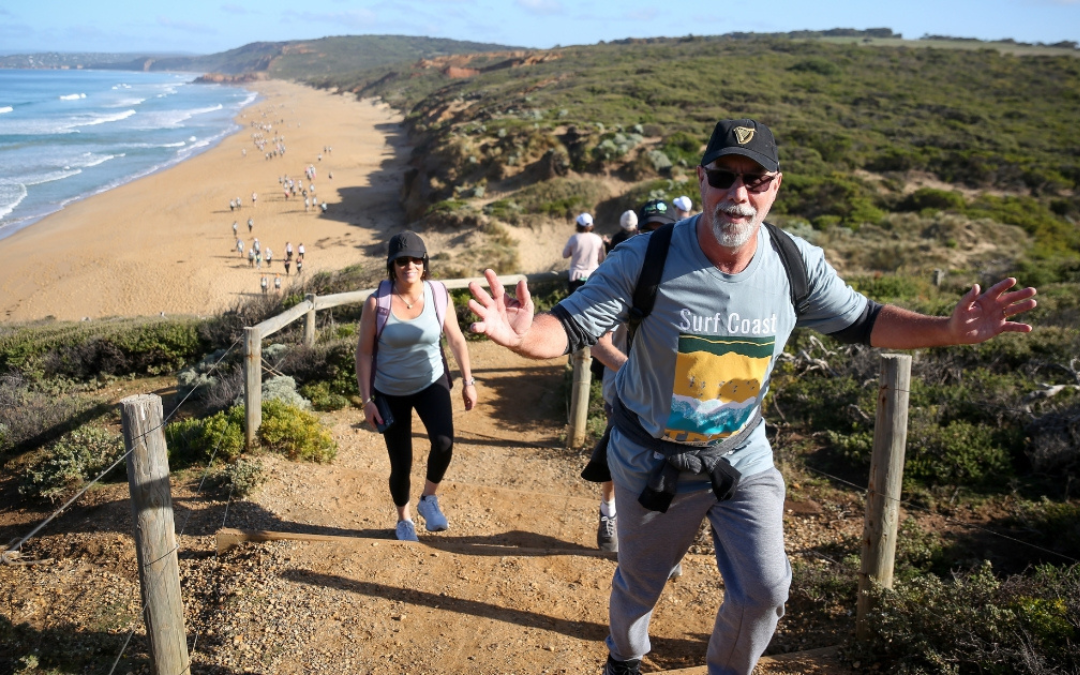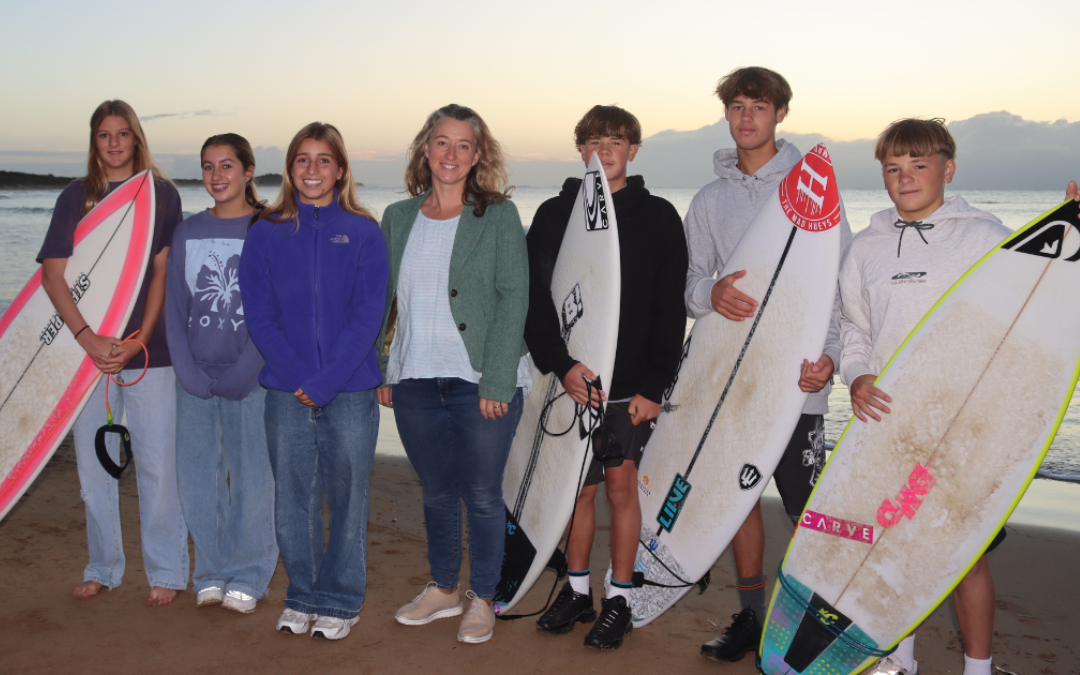May 26, 2022
The Running Game
The 2nd of a series of 3 running articles by Jim Lawson. This article focuses on training and staying motivated.
As runners and trekkers we are all at very different stages of our training and event journey. My 10km Saturday morning run feels, to me, like a marathon. But, for an ultra- marathon runner, 10km is the warm up! We all have different goals, different motivations and aspirations. We are of different ages and weights and have different health histories and injury war chests. Some of us are new to the game, some of us are hardened vets. I am told over and over by those in the know that there is no ‘cookie cutter’ approach to training for an endurance event. We all have unique needs. But fortunately, there is some excellent advice on how to honour the training regime we embark on, regardless of whether its spans 8, 12 or 52 weeks. There are ways, I am told, that we can give ourselves the best possible chance of making it to the start line.
I turned again to three local Surf Coast event legends – Rapid Ascent’s Sam Maffett, Chris Ord, Director of Tour de Trails and Samantha Thomas from Give Where You Live Foundation – to discover their secrets on how to stay devoted to training through a long cold winter. I managed to extract some gems. The take-out from the experts:
1. If you are not enjoying it, it won’t last. Spice up your training session.
2. Get in a group groove! Be social. Distance running and walking is often boxed as an individual pursuit. This is far from the truth according to our experts.
3. Don’t allow injuries to crash your running party. Don’t overdo it.
Who hasn’t experienced a lack of motivation when it comes to making time for physical exertion? It’s getting cold outside folks! How do you stay motivated training through a chilly Surf Coast winter? Samantha Thomas had this advice.
"Having people around you who are on the same journey is highly motivating in itself."
Connecting with other individuals who are going through exactly what you are going through, the highs and lows, the rushes and the pain! – that sort of support is the key to keeping you on track. That social support is gold”.
Sam Maffett agrees. “Bring other people into your training plan. It is so much easier to get out of bed on a freezing cold morning for a run if you are meeting someone!”
“Reach out and engage with the trail running community”. Chris Ord says. “Trail running groups are passionate about trails and are generally extremely inclusive. Connecting with a group like Surf Coast Trail Runners might provide the social energy you need to keep your preparation on track.”
Chris continues. “Build a group run into you training program. Enjoy each other’s company. This is your opportunity to share stories, talk about running gear, running trails and your next running event. It’s the chance to talk about your niggling injuries, share your recovery secrets – or just talk.”
Chris steers well clear of providing advice on specific training programs, but gladly offers up his tips on training and staying motivated over the course.
"Mix it up, be playful. Training for a trail running event can really be about exploration and discovery. Explore the trails around you – make a training run a great adventure each and every time!"
Change your location – never allow yourself to get to the point of resenting training. Resentment is the slippery slope to avoid at all costs.”
“I’m not a running coach” Sam Maffett stresses. “But this is my advice to get you to the start line. Listen to your body and ease into training, especially if you are starting out. If you want to avoid injury, don’t do too much too soon”. He recalls the advice of British endurance athlete, author and blogger Tom Epton.
“Intensity in your training is a little like the application of aftershave – more is not always better. Being slightly undercooked on the start line is infinitely better than burning out in training, getting injured and not making the start line at all.”
I asked Sam about the emergence of strength and weight training in the regimes of trail runners. I have noticed an increasing number of my own colleagues who were into the running game and supplementing their training with gym sessions.
“Certainly there is a growing body of evidence suggesting that strength and conditioning training can help you remain injury free and more capable on the trails. ”
Sam admits. “Again, I’m not a coach, but. there are some really switched on strength and conditioning coaches out there who can assess your current form and then prepare a program to help fill in the gaps. ”
Are you feeling pumped, inspired and ready to hit the trails? Remember then, approach your training as an adventure, change it up, be social, and avoid injuries. And, between those sessions, here’s some seriously inspirational reading recommend by our local legends.
The Trail Running Guidebook by Hanny Allston
The Rise of the Ultra Runners by Adharanand Finn
Why We Run: A Natural History by Bernd Heinrich
Born to Run by Christophe McDougall
Eat and Run by Scott Jurek
Running Wild- Inspirational Trails From Around the World by Julie and Simon Freeman

